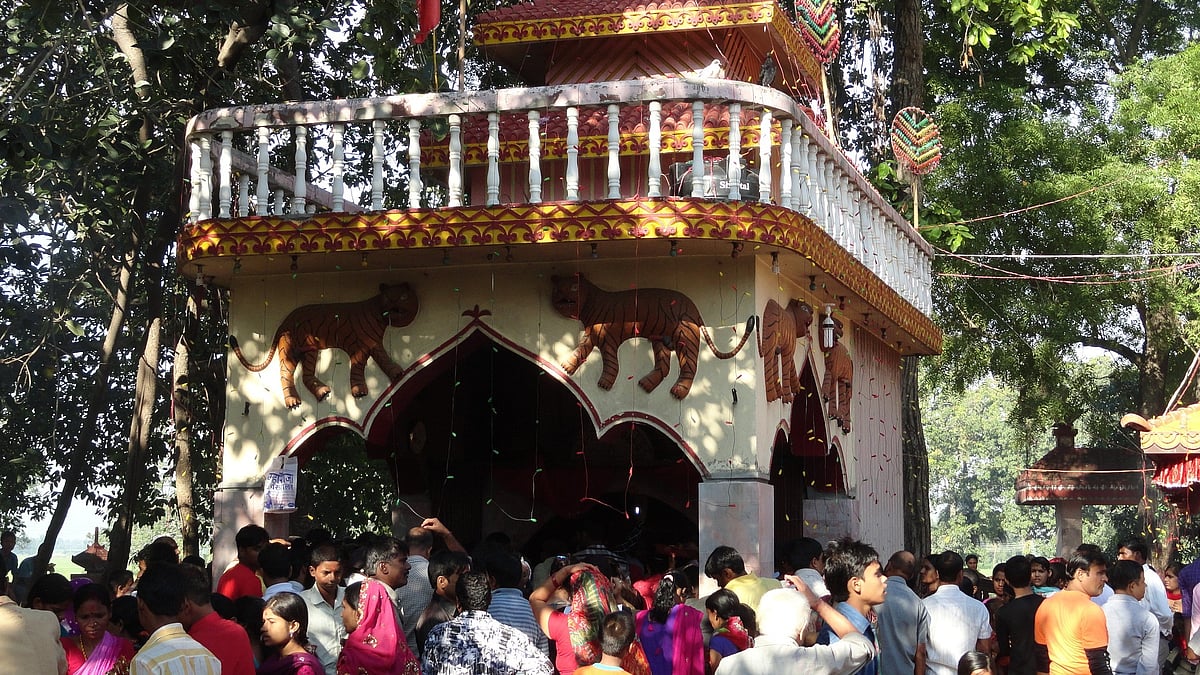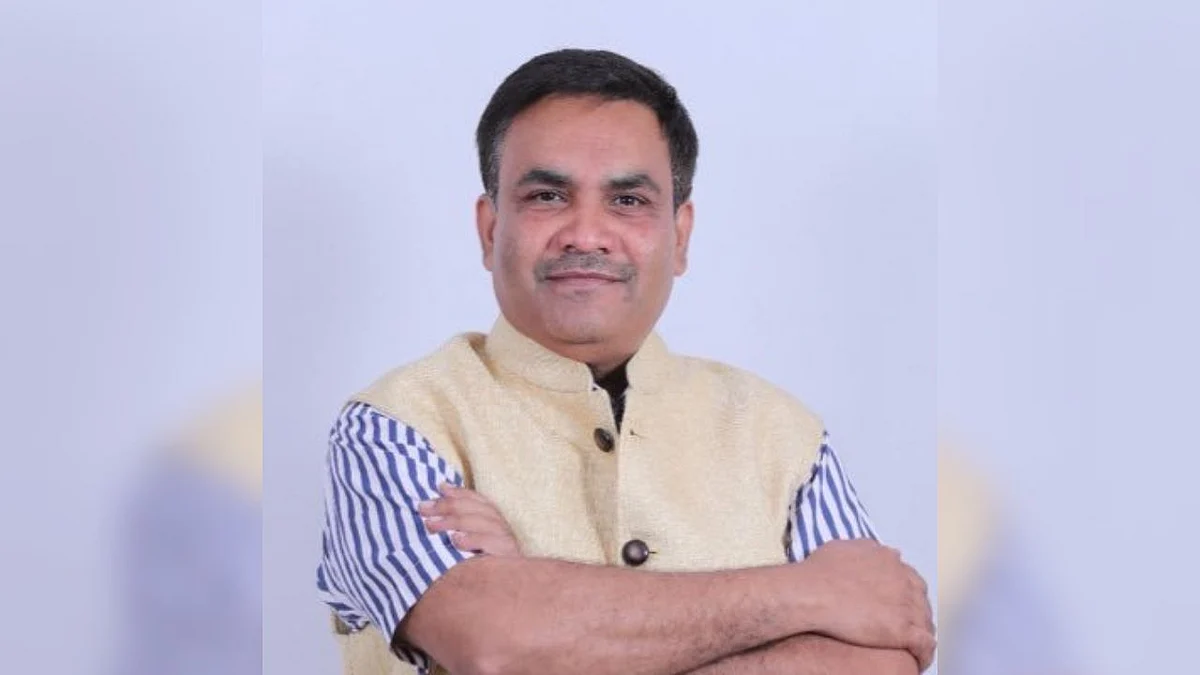The Centre of Molecular Medicine at JNU has started working on a covid19 vaccine by tweaking the BCG vaccine.
The BCG is meant to protect population from tuberculosis and is administered at birth in countries across Asia including India, Africa and South America, which have historically had a high prevalence of the disease.
The JNU team relies on studies (unpublished ones) that the countries which have BCG mandatory in the national vaccination program have had lesser number of corona cases compared to the countries where BCG vaccine is not given.
The JNU scientists say their revamped BCG vaccine, which will carry antigen protein of coronavirus (SARS-CoV-2) as well, would offer long term immunity to against novel coronavirus which has so far affected 40 lakh people across the world killing 2.8 lakh of them.
Lead researcher, Prof Gobardhan Das, centre of molecular medicine at Jawaharlal Nehru University, New Delhi, says, “Our aim is to generate a recombinant BCG that expresses various antigenic proteins derived from SARS-CoV-2. Once we identify antigens that produce neutralizing antibodies, we will map the epitopes from each of these antigens and stitch them together to generate a new multi-epitopic and potentially immunogenic novel antigen. Our recombinant BCG strain expressing this novel antigen will serve as vaccine against SARS-CoV2.”
However, Dr Able Lawrence, Immunologist at Sanjay Gandhi Postgrad Institute Lucknow says the BCG vaccine has no impact on covid19 otherwise India would never had so many cases of corona infection. Moreover, he cities studies claiming that the proportion of migrant Indians catching covid19 was more than the native citizens in other countries.
“On scientific terms, it seems the recombinant vaccine might not work as the coronavirus triggers interferon L1 and L6 response in the patient leading to complications, and BCG vaccine also raises the IL1 and IL6 adding to the problem,” says Dr Lawrence.
Dr Om Shrivastav, Infectious Disease expert at Mumbai’s Jaslok, Reliance and Kasturba hospital, agrees to Dr Lawrence, and adds, “Instead of rushing into development of various vaccines using different portion of antigens, I would like to wait for a vaccine which could offer protection to at least 60-70 percent people.”










